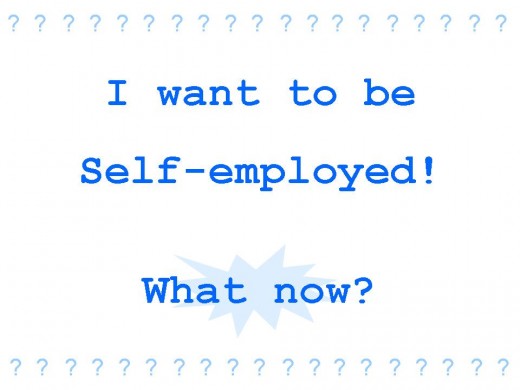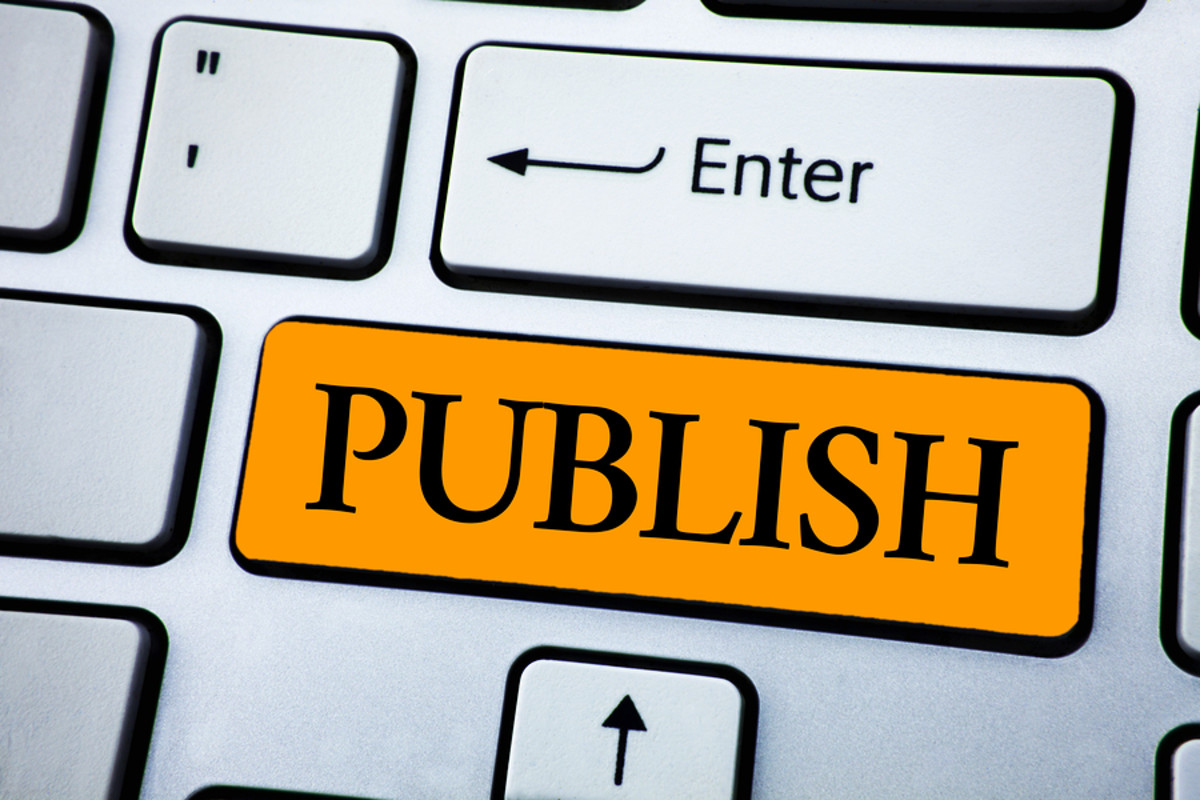Who to tell when you become self employed - UK
Becoming self employed is exciting time but if you forget to let everyone know that you are getting started then you may find your excitement is soon greeted with a few unwanted fines. Not only that but you may also end up losing out on money or benefits that you would otherwise be entitled to.
Hand in your notice to the boss
If you are planning to quit your job then you should hand in your notice as soon as you know the start date that you will become self employed.

Notify the Jobcentre
If you have been claiming any benefits from the government then you should notify the jobcentre as you may no longer be entitled to receive them.
Also if you have been unemployed and in receipt jobseekers allowance for more than 13 weeks, you may be entitled to a ‘Self-employment Credit’ of £50.00 a week, which can be paid to you to help get you started for up to 16 weeks.
Find out more about the self-employment credit
Contact the Working Tax Credits department
You may be entitled to receive ‘Working Tax Credits’ which would be a very helpful boost to your income. If you are entitled to it then it will usually take them up to four weeks before they can make a payment to you so the sooner you can put in for it, the less time you will have to wait.
Find out more about Working Tax Credits
Contact the Housing
If you rent a council property then you should let them know you are becoming self employed. You may have to pay the full amount of rent but if you are only earning a low income then you might still be entitled to some help with your Housing Benefit and Council Tax payments.
Depending on the area you live in, you might also be entitled to a 25% reduction on any council tax that you do have to pay if you are a lone parent. This depends on what hours you work so remember to enquire about it whilst you are on the phone.
Find out more about Housing Benefit and Council Tax
Get planning permission if you work from home
If you are planning to set up your business working from home then you may need to apply for planning permission from your local council.
Find out in what circumstances you may need planning permission

Set up a business bank account
If you are self employed and work alone and don’t have any employees then you can use their own personal bank account if you want to, but if you are setting up a limited company or a partnership then you must open a business bank account.
Find out more about opening a business bank account
Insurance Company
You will need business insurance when you start up as self employed and you should take up Public liability insurance too.
Also if you plan to use your car for business purposes then you should notify your car insurance company to ensure your cover is still covered.
Find out more about Business Insurance
Register as self-employed with HMRC
When you become self-employed you will need register for Income Tax and National Insurance straight away to avoid having to pay a penalty. The last thing you need when starting up your business is unnecessary expenses or at any other time, come to think of it!
Fill in a ‘CF10 form’ for self-employed people with small earnings
If you are expecting to earn less than £5,075 2009/10 in a Tax year (or £7,475 from 5th April 2011) then it's a great idea to fill out the ‘CF10 Self-employed people with small earnings’ form. You are likely be exempt from paying any Class 2 National Insurance contributions.
Download the CF10 Form for self-employed people with small earnings or visit the HMRC website for more details.
You can download adobe reader for free to view the CF10 form, if you don't already have it installed on your computer.
Register for VAT
If your business is going to be earning over £70,000 a yr then you will need to register to pay VAT.
Find out more about registering for VAT
You might also be interested in:








